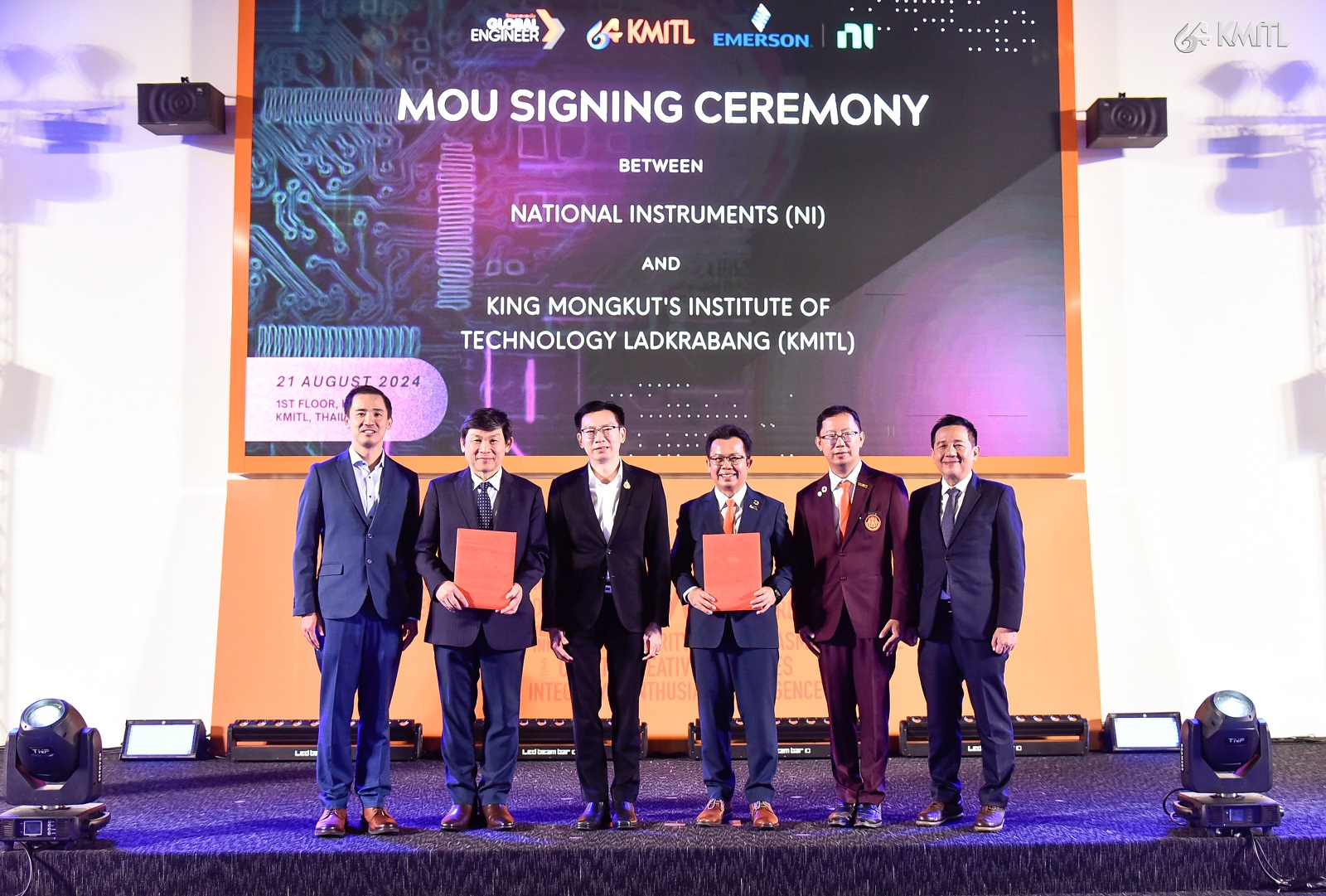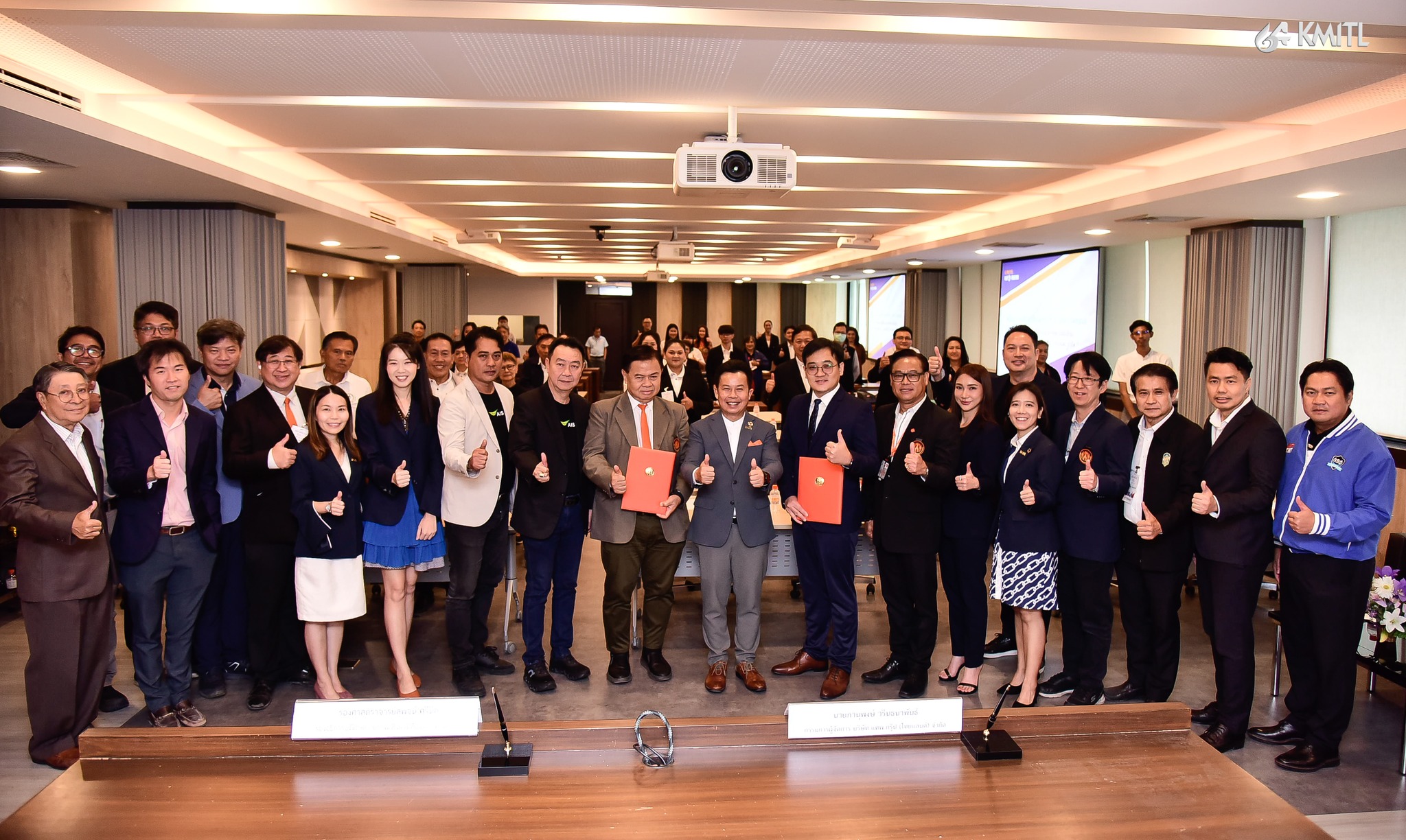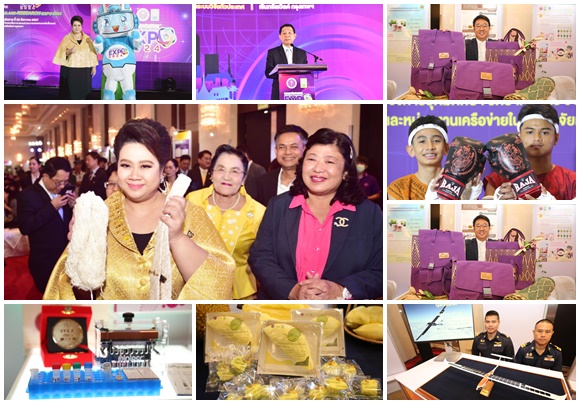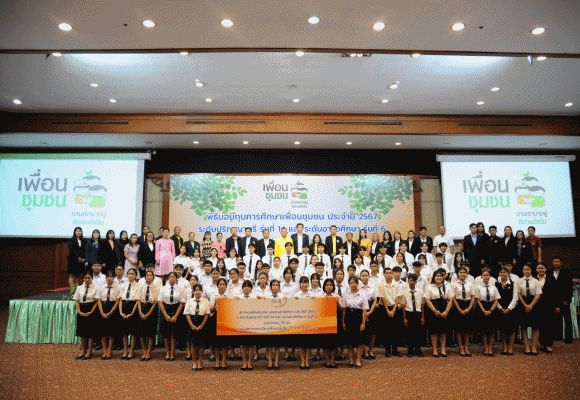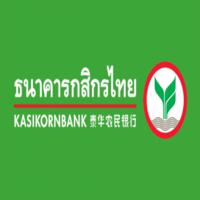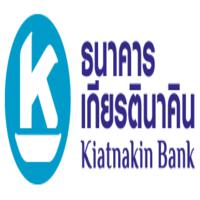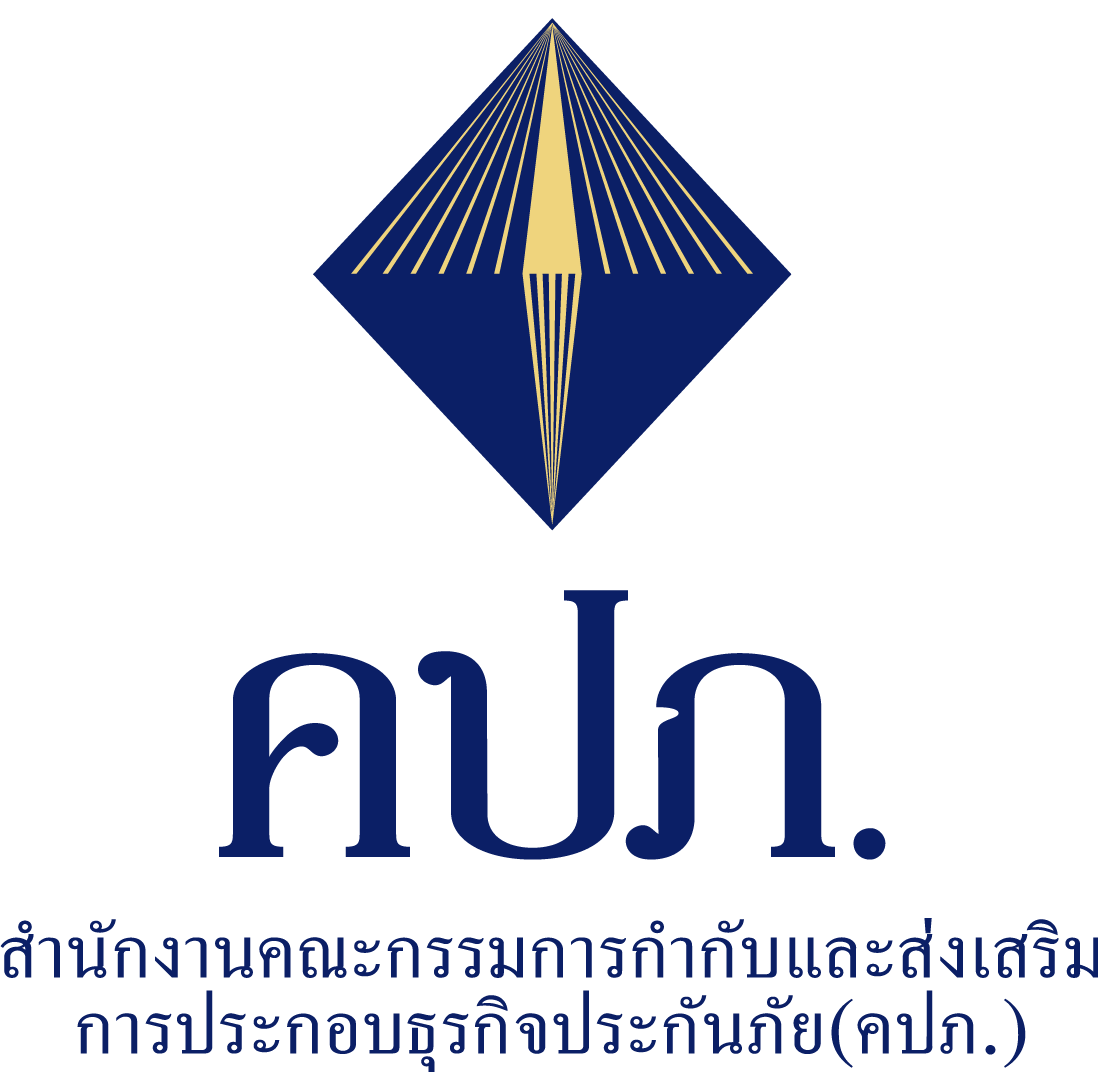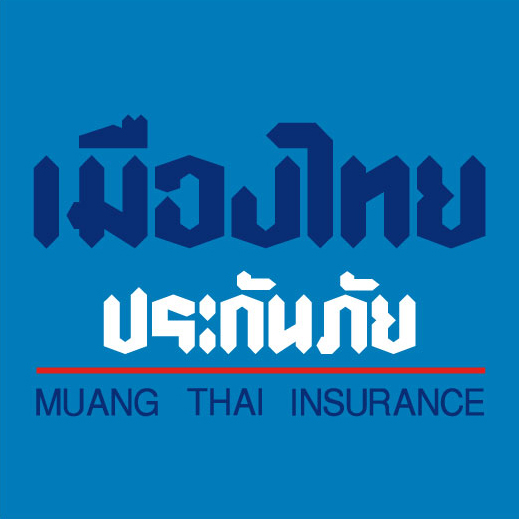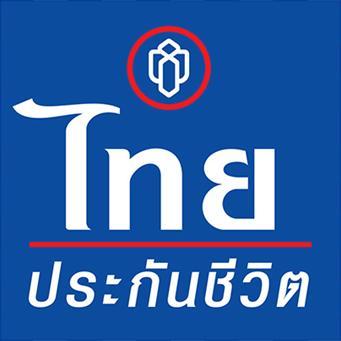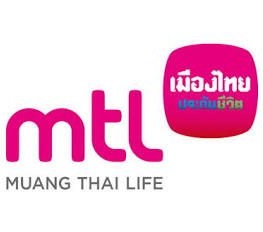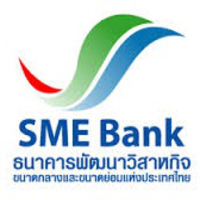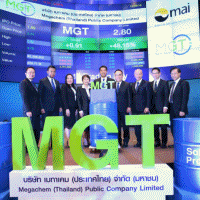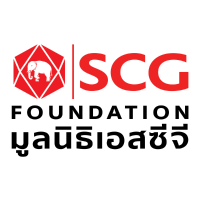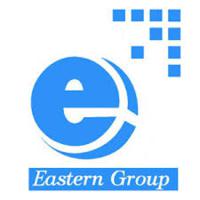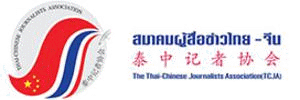- Details
- Category: แบงก์พาณิชย์
- Published: Tuesday, 09 September 2014 14:02
- Hits: 3251
กสิกรไทยสนับสนุนเอสเอ็มอีญี่ปุ
่นเพิ่มการค้าการลงทุ นในไทยและอาเซียน กสิกรไทยจับมือศูนย์เอสเอ็มอี
ของกรุงโตเกียว ดึงเอสเอ็มอีโตเกียวลงทุ นในไทยและอาเซียน หลังรัฐบาลญี่ปุ่นหนุนเอสเอ็มอี ทั่วประเทศ 10,000 แห่งขยายตลาดไปลงทุนในต่ างประเทศ ตั้งเป้าเบื้องต้นชวนเอสเอ็มอี จากโตเกียวลงทุนในไทย 50-70 บริษัท มูลค่าลงทุนมากกว่า 3,500 ล้านบาท นายบัณฑูร ล่ำซำ ประธานกรรมการ ธนาคารกสิกรไทย เปิดเผยว่า ธนาคารได้ลงนามความร่วมมือกับศู
นย์สนับสนุนลูกค้าเอสเอ็มอี โตเกียว เมโทร โพลิแทน (Tokyo Metropolitan Small and Medium Enterprise Support Center) ซึ่งเป็นหน่วยงานรัฐบาลของกรุ งโตเกียว ที่ให้การสนับสนุนและพั ฒนาเศรษฐกิจของเอสเอ็มอีในกรุ งโตเกียวโดยเฉพาะ ปัจจุบันมีจำนวนสมาชิกมากกว่า 30,000 บริษัท และมีแนวโน้มที่จะเพิ่มขึ้นเรื่ อยๆ จากจํานวนบริษัททั้งหมดในโตเกี ยวประมาณ 440,000 เเห่ง ทั้งนี้ ธนาคารกสิกรไทยจะให้การสนับสนุ
นและร่วมมือในการให้ข้อมูลเกี่ ยวกับเศรษฐกิจเเละการลงทุ นในประเทศไทยเเละประเทศในกลุ่ มอาเซียนแก่เอสเอ็มอีจากกรุ งโตเกียว โดยการจัดสัมมนา การหาพันธมิตรทางธุรกิจทั้ งในไทยเเละต่างประเทศร่วมกัน การสร้างเครือข่ายทางธุรกิ จระหว่างประเทศ การลงพื้นที่ศึกษาลู่ทางการลงทุ นและดำเนินธุรกิจเพื่อเพิ่ มยอดทางการค้าระหว่างไทย–ญี่ปุ่ น รวมทั้งการเเนะนำบริการที่ ธนาคารกสิกรไทยสามารถสนับสนุ นแก่ลูกค้าเอสเอ็มอีญี่ปุ่นเมื่ อเข้ามาในประเทศไทย ความร่วมมือดังกล่าวจะช่วยส่
งเสริมความร่วมมือด้านเศรษฐกิ จการค้าและการพัฒนาของระบบการจั ดการธุรกิจของเอสเอ็มอีไทย รวมถึงระบบการจัดการด้ านเทคโนโลยีจากผู้ ประกอบการชาวญี่ปุ่น โดยอุตสาหกรรมหลักที่เอสเอ็มอี จากโตเกียวสนใจเข้ามาลงทุ นในไทยนั้นจะเป็นในอุ ตสาหกรรมประเภทเครื่องจักรและอุ ปกรณ์หนักเป็นส่วนใหญ่ โดยเบื้องต้นคาดว่าจะบริษัทที่ จะเข้ามาลงทุนในไทยราว 50-70 บริษัท คิดเป็นมูลค่าการลงทุนมากกว่า 3,500 ล้านบาท ที่ผ่านมา ธนาคารกสิกรไทยให้ความสําคัญกั
บผู้ประกอบการญี่ปุ่นด้ วยการเตรียมบุคลากรที่เข้ าใจภาษาเเเละวัฒนธรรมญี่ปุ่ นมาดูแลการให้บริการแก่ลูกค้าผู ้ประกอบการชาวญี่ปุ่ นในประเทศไทย เพื่อให้ลูกค้าได้รั บความสะดวกในการใช้บริ การของธนาคาร นอกจากนี้ ยังได้จัดตั้งเเละปรับปรุง Japanese Friendly Branch, Call Center, ATM และเอกสารต่างๆ สำหรับลูกค้าชาวญี่ปุ่นโดยเฉพาะ ซึ่งก็สามารถตอบโจทย์ความต้ องการของลูกค้าได้เป็นอย่างดี อีกทั้งในช่วงที่ผ่ านมาธนาคารกสิกรไทยยังได้เป็นพั นธมิตรกับสถาบันการเงินในญี่ปุ่ น ซึ่งเป็นผู้ให้บริการหลักแก่ เอสเอ็มอีในญี่ปุ่น ซึ่งความร่วมมือดังกล่าวจะช่ วยให้ธนาคารสามารถสานต่อการให้ บริการแก่เอสเอ็มอีญี่ปุ่นที่ เข้ามาลงทุนในประเทศไทยได้ดียิ่ งขึ้น ปัจจุบันธนาคารกสิกรไทยมีลูกค้ าบริษัทญี่ปุ่นประมาณ 3,000 กว่าราย และมีส่วนแบ่งตลาดประมาณ 13% โดยตั้งเป้าที่จะเป็ นธนาคารไทยในใจนักลงทุนญี่ปุ่ นและจะเพิ่มส่วนแบ่งตลาดกลุ่มลู กค้าญี่ปุ่นในไทยเป็น 16%ภายในอีกสองปีข้างหน้า ด้านนายยูจิ อิซาว่า ประธานเจ้าหน้าที่บริหาร ศูนย์สนับสนุนลูกค้าเอสเอ็มอี โตเกียว เมโทร โพลิแทน กล่าวเพิ่มเติมว่า ภาพรวมของธุรกิจในประเทศญี่ปุ่
นมีจำนวนผู้ประกอบการขนาดใหญ่ เช่น โตโยต้า ฮอนด้า มีสัดส่วนไม่ถึง 1% ของจำนวนผู้ประกอบการทั้ งหมดในญี่ปุ่น ในขณะที่ผู้ประกอบการเอสเอ็มอี ในญี่ปุ่นมีสัดส่วนกว่า 99% ซึ่งอาจกล่าวได้ว่าผู้ ประกอบการเอสเอ็มอีเป็นตัวขั บเคลื่อนหลักให้กับระบบเศรษฐกิ จของญี่ปุ่น ซึ่งเป็นประเทศอุตสาหกรรมชั้ นนำของโลก แต่ในช่วงหลายปีที่ผ่านมา ประเทศญี่ปุ่นต้องเผชิญกั
บภาวะกำลังซื้อในประเทศลดลง เนื่องจากประชากรวัยทำงานและวั ยเด็กมีจำนวนลดลงขณะที่จำนวนผู้ สูงอายุเพิ่มขึ้น จากแรงกดดันดังกล่าวทำให้ผู้ ประกอบการเอสเอ็มอีของญี่ปุ่นต้ องพยายามหาตลาดใหม่ๆ ในต่างประเทศ หรือเเม้เเต่การหาผู้ผลิตในต่ างประเทศเพื่อเป็นการลดต้นทุน ซึ่งคาดว่าเเนวโน้มดังกล่ าวจะเพิ่มขึ้นอย่างต่อเนื่องท่ ามกลางแรงกดดันทางเศรษฐกิจที่ เกิดขึ้นในประเทศญี่ปุ่น รัฐบาลญี่ปุ่นจึงมี
มาตรการในการสนับสนุนเอสเอ็มอี ให้สามารถยืนหยัดได้ด้ วยตนเองอย่างยั่งยื นและสามารถขยายธุรกิจไปยังต่ างประเทศได้ ซึ่งผู้ประกอบการเอสเอ็มอี สามารถขอรับการสนับสนุนจากทั้ งองค์กรของรั ฐบาลและเอกชนภายในประเทศ ทั้งในด้านการเงิน การขอคำปรึกษาการบริหารการจั ดการ และการขอข้อมูลในการทำธุรกิ จในต่างประเทศ เเละตั้งเป้าจะผลักดันให้เอสเอ็ มอีในประเทศญี่ปุ่น มากกว่า 10,000 รายออกมาดําเนินธุรกิจต่ างประเทศภายในปี 2560 สำหรับประเทศไทยเป็นประเทศเป้
าหมายหนึ่งที่รัฐบาลญี่ปุ่นสนั บสนุนให้เอสเอ็มอีเข้ามาลงทุน เพื่อเป็นศูนย์กลางในการทำธุรกิ จในอาเซียน เนื่องจากมีความพร้อมในเรื่องปั จจัยพื้นฐานต่างๆ และทำเลที่ตั้งของประเทศได้เปรี ยบกว่าประเทศอื่นๆ ในภูมิภาคนี้ โดยความร่วมมือกับธนาคารกสิ กรไทยน่าจะเกิดประโยชน์สูงสุ ดแก่เอสเอ็มอีญี่ปุ่นที่สนใจเข้ ามาลงทุนในประเทศไทยและอาเซียน เนื่องจากเป็นธนาคารที่มีชื่ อเสียงในการให้บริการและมีส่ วนแบ่งตลาดลูกค้าเอสเอ็มอีเป็ นอันดับหนึ่งในประเทศไทย ให้ความสำคัญกับการให้บริ การทางการเงินและสนับสนุนข้อมู ลการดำเนินธุรกิจแก่นักลงทุนญี่ ปุ่นที่เข้ามาลงทุ นในประเทศไทยอย่างจริงจัง ดังนั้นการมีสถาบันการเงินที่ เข้มแข็งและเข้าใจผู้ ประกอบการญี่ปุ่นที่จะเข้ ามาลงทุนในประเทศไทย จะช่วยอำนวยความสะดวกและสร้ างความมั่นใจแก่เอสเอ็มอีญี่ปุ่ นที่ต้องการเข้ามาลงทุ นในประเทศไทยมากขึ้นด้วย
KBank supports Japanese SMEs to boost trade/investment in Thailand and ASEAN
KASIKORNBANK joins forces with Tokyo Metropolitan Support Center to encourage SMEs from Tokyo to invest in Thailand and ASEAN, after the Japanese government announced backing for 10,000 SMEs nationwide to expand business operations overseas. This collaboration initially targets 50-70 SME companies from Tokyo whose total investment could rise to the tune of THB3.5 billion.
Mr. Banthoon Lamsam, KASIKORNBANK Chairman of the Board, said that the Bank has signed a memorandum of understanding with Tokyo Metropolitan Small and Medium Enterprise Support Center – a state agency in charge of guaranteeing support for, and development of the SME sector in the capital. There are around 440,000 SME enterprises in Tokyo at present and the agency expects the number of its members to increase from the current number of 30,000.
KBank’s contribution to this collaboration will be in providing knowledge and information about the Thai economy and investment, as well as in other ASEAN nations to stimulate business with SMEs from Tokyo. Activities to be organized include seminars, local and international business matching, worldwide business networking, and educational trips which will afford interested parties insight into investment and business operations. All of these activities should yield a higher Thai-Japan trade value. The Bank will also provide services which will lend support to operations of Japanese SMEs investing in the Thai market.
This collaboration will enhance bilateral trade cooperation and encourage streamlining of Thai SMEs’ management systems, in addition to technology management disciplines from Japanese firms. Particular interest will probably be seen in the machinery and heavy equipment industry. During an initial stage of this partnership, there may be around 50-70 companies making their way to Thailand, offering the opportunity of a total investment of over THB3.5 billion.
KBank has gone extra mile in taking care of Japanese businesses making their presence in Thailand by having on board personnel who understand Japanese language and culture, rendering impressive services to customers. Other undertakings include the establishment and improvement of a “Japanese Friendly Branch”, as well as language supports for fundamental service such as call center, ATM and document preparation assistance – all of which have proven to be tremendously helpful to Japanese customers.
But that is not all. KBank has partnered with a number of Japanese financial institutions which are core lenders to local SMEs, allowing the Bank to offer services to those new investors in Thailand. Currently, the Bank has 3,000 Japanese customers, or the equivalent of a 13-percent stake in the market. With the intention of being the most preferred Thai local bank among Japanese businesses, KBank aims to nudge its share up to 16 percent over the next two years.
Mr. Yuji Izawa, Chief Executive Officer of Tokyo Metropolitan Support Center added that the Japanese business sector actually comprises only less than one percent of large-scale enterprises like Toyota or Honda, while over 99 percent are SMEs. This means that small and medium companies have been the key contributors in driving the economy of this leading industrial nation.
Over the past several years, however, Japan has been encumbered by a decline in domestic purchasing power, owing largely to a smaller working and child population, in contrast with an increase in aging citizens. Such a demographic conundrum has pressured local SMEs to look to new markets overseas or even seek to cut costs by relocating production bases outside Japan. Amid prevailing economic pressures, it is expected that this business trend will only continue to rise.
Realizing this, the Japanese government has formulated measures to assist SME operators to weather the unfavorable conditions and expand business offshore successfully. SME operators are encouraged to obtain financial support, management guidance, and information regarding doing business overseas, from both state and private agencies in the country. The government has established a goal to have more than 10,000 SMEs expanded their business abroad by 2017.
Thailand, readily equipped with infrastructure and geographical advantages over other states within this region, has been identified by the Japanese government as a business hub in ASEAN for Japanese SMEs. Its collaboration with KBank is believed to bring about highest benefits for SME companies interested in investing in both Thailand and ASEAN, considering our well-recognized services and largest share of SME customers in Thailand. The Bank is determined to earnestly provide financial services and business data for Japanese investors in Thailand. As a strong financial institution that understands Japanese investors’ requirements, KBank will be able to facilitate and create confidence among SMEs from Japan seeking to have a presence in Thailand.










